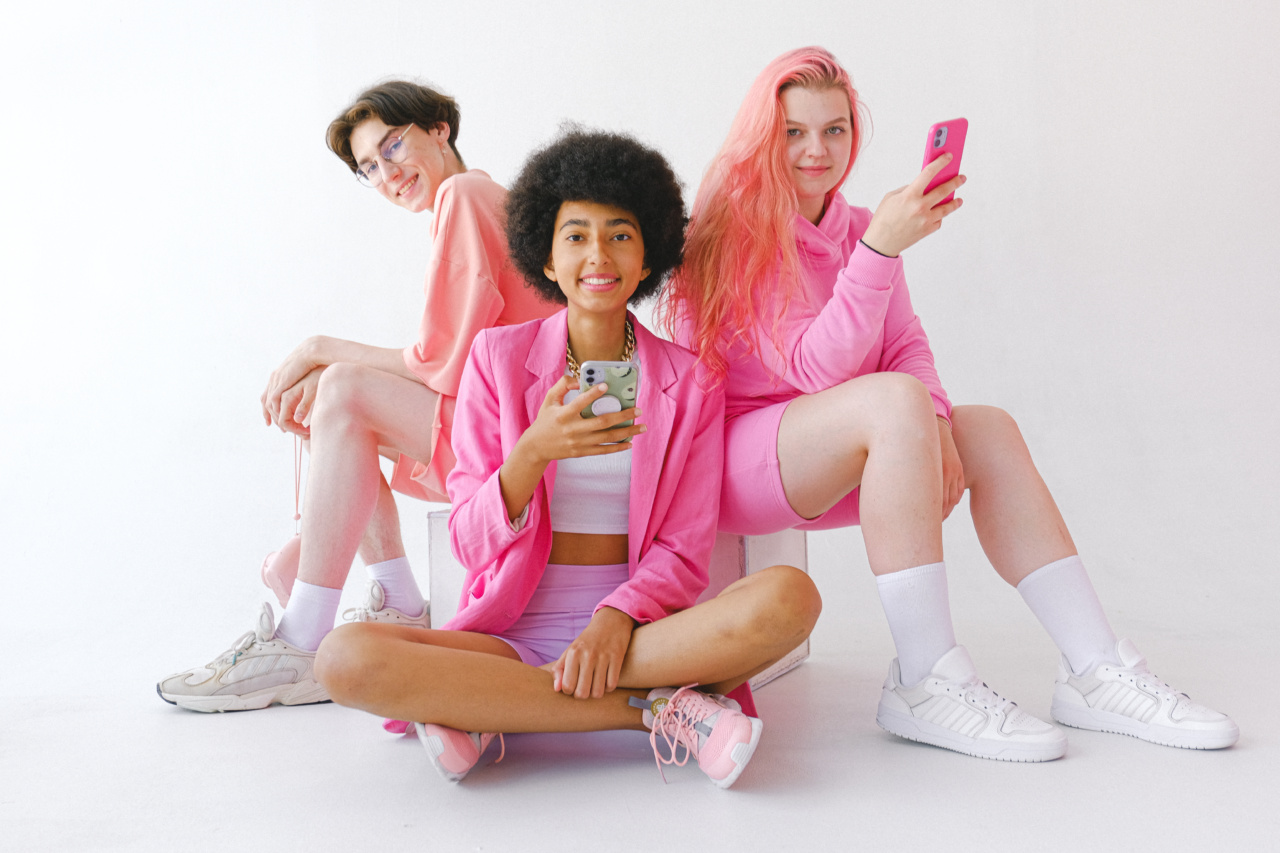With the widespread use of social media platforms such as Instagram, Facebook, and Snapchat, there has been a growing concern about their impact on teenagers, particularly girls.
This article aims to explore the influence of social media on teenage girls’ body image and eating habits, shedding light on the potential consequences and providing insights into potential solutions.
Social Media and the Idealized Body Image
Social media platforms are flooded with images of seemingly perfect bodies, often edited and filtered to portray an idealized version of beauty.
These unrealistic standards of attractiveness can lead to comparisons and feelings of inadequacy among teenage girls. As they scroll through their feeds, they are bombarded with images that may make them question their own bodies and strive for an unattainable vision of perfection.
Research has shown that exposure to idealized body images on social media can significantly affect body dissatisfaction among teenage girls. A study conducted by Fardouly et al.
(2018) found that higher exposure to appearance-focused content on Instagram was associated with increased body dissatisfaction and a greater desire to achieve a thin body among adolescent girls.
The Influence of Social Media Celebrities
Social media celebrities, also known as influencers, can have a significant impact on teenage girls’ body image and eating habits.
These influencers often promote unrealistic beauty standards, endorse dieting products, and showcase their seemingly perfect bodies, which can greatly influence their impressionable followers.
Many teenage girls strive to emulate their favorite influencers and may even develop disordered eating habits as a means to achieve the desired body. A study by Perloff, J.
(2014) found that exposure to social media influencers’ lifestyle content was associated with a higher drive for thinness and increased body dissatisfaction among young women.
Cyberbullying and Body Shaming
Social media platforms can also be breeding grounds for cyberbullying and body shaming, which can further exacerbate body image issues among teenage girls.
Negative comments about one’s appearance can have a profound impact on self-esteem and body image, leading to psychological distress and potentially unhealthy behaviors.
A study by Kornbluh et al. (2016) revealed that adolescent girls who experienced body dissatisfaction were also more likely to be victims of online harassment.
The constant exposure to body shaming comments and online bullying can severely impact teenage girls’ mental well-being and contribute to the development of disordered eating patterns.
Unhealthy Eating Habits and Disordered Eating
The influence of social media on teenage girls’ body image extends beyond dissatisfaction. It can also impact their eating habits, leading to the development of unhealthy behaviors and disordered eating.
Research has shown that exposure to images of idealized bodies on social media can lead to internalization of the thin ideal, encouraging restrictive eating patterns, excessive exercise, and even the development of eating disorders such as anorexia nervosa or bulimia nervosa. A study conducted by Turner and Lefevre (2017) found that exposure to social media photos of peers significantly predicted disordered eating behaviors among young women.
Preventing Negative Effects of Social Media
Given the significant impact social media can have on teenage girls’ body image and eating habits, it is crucial to implement strategies to minimize these negative effects.
Educating teenagers about media literacy and promoting critical thinking skills can help them recognize the heavily edited and unrealistic nature of the images they see on social media.
Teaching girls how to differentiate between reality and societal constructs can reduce feelings of inadequacy and promote a positive body image.
Parents and guardians should also engage in open conversations with their teenage girls about the potential negative effects of social media and the importance of self-acceptance.
Encouraging a healthy relationship with social media and promoting diverse body representations can help combat the negative impact on body image.
Positive Role Models and Influencers
It is essential to promote positive role models and influencers who embrace body diversity and advocate for body acceptance.
By following and engaging with content that promotes self-love and appreciation, teenage girls can be exposed to more inclusive representations of beauty, increasing their self-esteem and reducing the pressure to conform to unrealistic standards.
Additionally, social media platforms can implement stricter policies regarding harmful content, cyberbullying, and body shaming.
By actively regulating and removing such content, these platforms can contribute to a safer online environment for teenagers.
Conclusion
Social media undoubtedly plays a significant role in shaping teenage girls’ body image and eating habits.
The incessant exposure to idealized body images, the influence of social media celebrities, cyberbullying, and the perpetuation of unrealistic beauty standards can have detrimental consequences on their mental health and well-being. However, through education, open dialogue, and the promotion of positive role models, we can counteract these negative effects and empower teenage girls to embrace their bodies and develop healthy eating habits.






























